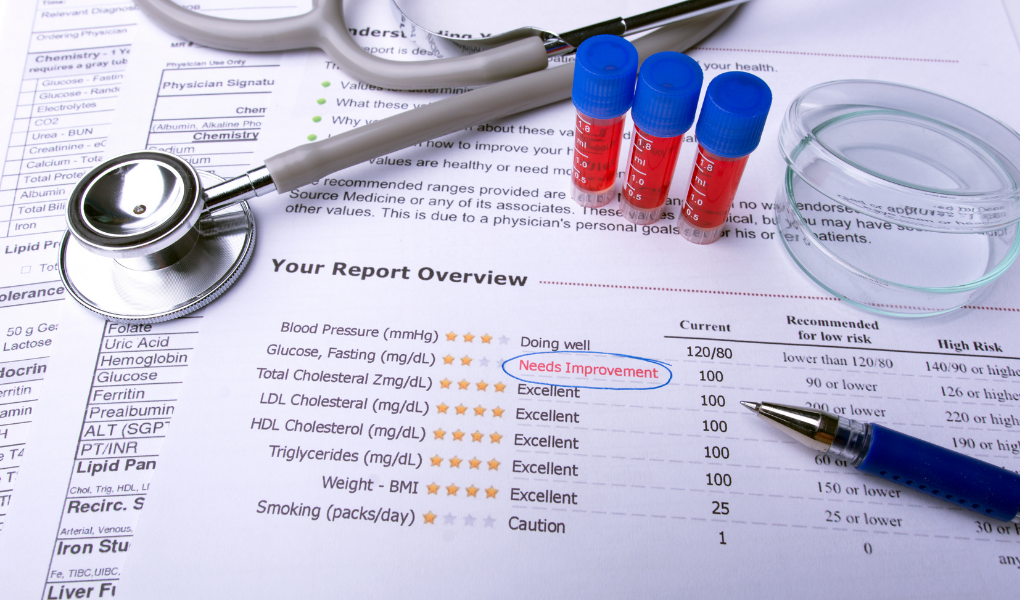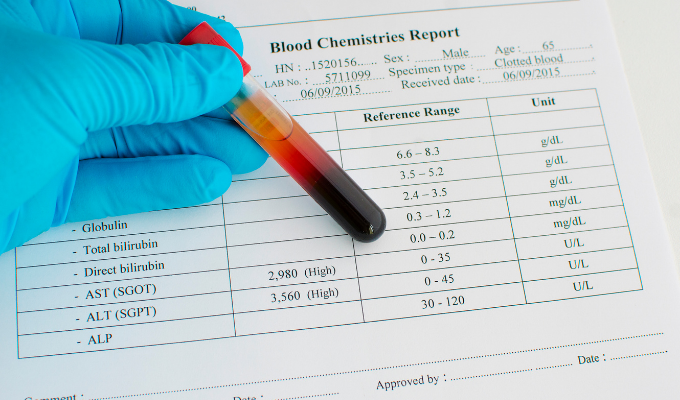How Are Female-Specific Diagnostic Tests Impacted by Unconscious Bias?
More Programs and Publications Featuring Dana Powell Baker
In this program:
What are some ways that female-specific diagnostic tests are impacted by unconscious bias? Dana Powell Baker discusses assumptions about female-specific diagnostic tests and tests that are still commonly overlooked.
Transcript
Dana Powell Baker:
I'm actually thankful that in many of the clinical spaces I say that I've been in recently, there's been more education around unconscious bias. There's been more attention raised as far as how unconscious bias and stereotypes can influence or play a role in the provision of female-specific diagnostic tests. And it's not always for the particular population that we assume that this would be applicable to as when we hear female-specific diagnostic tests, we think of women. But we also have to take into consideration our transgender patient population and the provision of female-specific diagnostic tests, especially for our trans men. Depending on the gender-affirming process that they may have been through or not have been through, there may still be a need, a clinical need for tests and making sure that we're not presenting barriers or essentially introducing our own biases into that treatment plan. Slide 16 And so really establishing that level of trust and communication so that we can ensure that we are covering all the tests that are needed, especially based on what that individual patient may have going on with them.
And again, not always assuming or bringing our own lived experience into the situation, but really treating each patient individually, hearing their concerns, hearing what's going on with them in their own anatomy, and making sure that they feel a part of that clinical decision that is being made. It should be patient-centered, not necessarily bias-centered or introducing our stereotypes that some people, unfortunately, do carry and to some of these clinical encounters. And again, how do we address this? Through education, education, training, ongoing training, and these ongoing conversations about what is best practice and what is most relevant in the care of this individual patient.
The information on Diverse Health Hub is provided for educational purposes only, and is in no way intended to diagnose, cure, or treat any medical or other condition. Always seek the expert advice of your healthcare team.
Related Videos:























